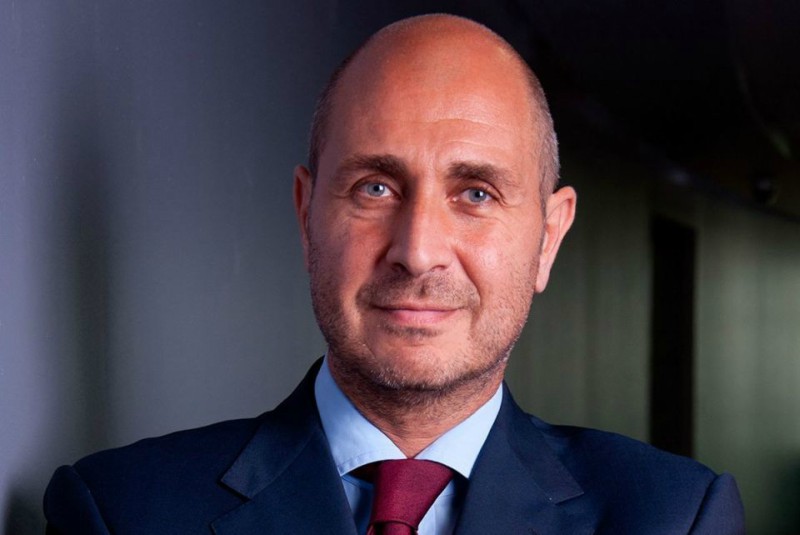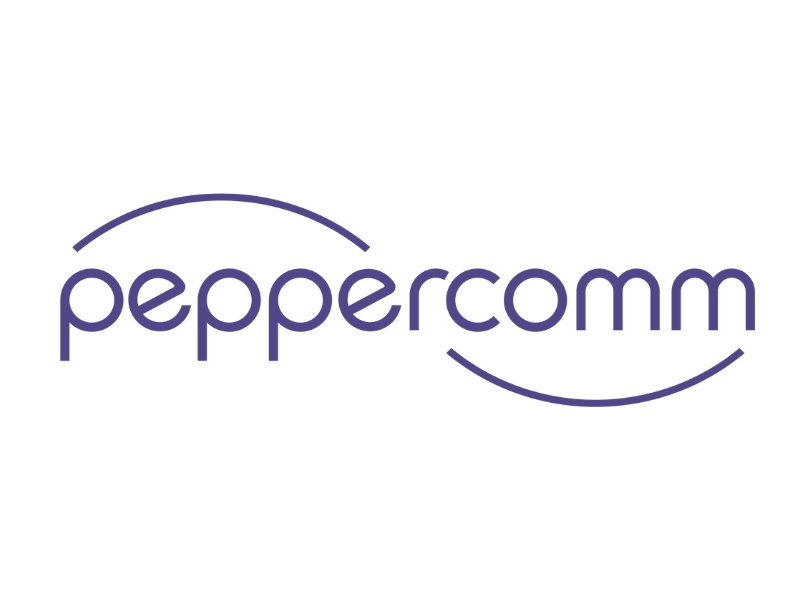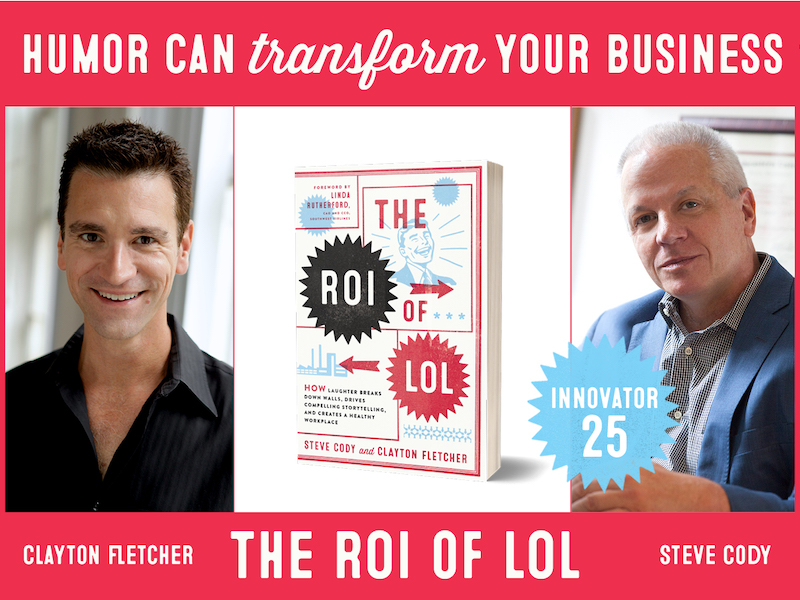Weber Shandwick 16 Apr 2018 // 4:14PM GMT

During a period of great change and disruption across our industry, creating and nurturing a culture of innovation has never been more important.
In a region driven by the ambition of creating innovation-led economies, do organisations today have what it takes to inspire people to practice – rather than just talk about – innovation?
What are the foundation stones of an innovation-led work culture?
How do we create talent acquisition strategies that support innovation-led work cultures? How do we manage processes differently to enable our people to deliver innovative and effective solutions?
Are we creating the right environment? Are our people being given the time and flexibility to experiment?
There are of course many elements that contribute to an innovation-led culture. But few are more important than the role of the leadership team.
As industry leaders, we all recognise the need to drive a culture of innovation and the impact of championing change is unmistakable. However, there is still a way to go.
How do we deal with the day-to-day realities of managing our businesses while at the same time constantly evolving, adapting and responding to the lightning speed changes in our industry and the marketplace?
Recently we hosted a panel session with guests from Facebook and First Solar as part of the inaugural IN2 Innovation MENA Summit discussing this theme. We looked at some of the things we can do differently to deliver innovative solutions for our clients.
I took away five key observations from the various discussions that I think can help us all to manage our businesses better and empower our people.
1. Innovation is more than creativity
We hear the word ‘innovation’ thrown around a lot and there is a danger of its becoming empty industry jargon; but it’s worth thinking about what it means. Stanford University provides this definition: “Innovation in essence is creativity + implementation”. I think this is very insightful because of the equal weight it gives to both creativity and implementation. Our industry often places too much emphasis on creativity as the sole manifestation of innovation. Innovation should be a culture that is relevant, celebrated and practiced across the whole agency – from client experience teams and human resources to finance and top management.
2. Case study sharing and review culture
Best practice has a critical role to play. We all strive to win awards: they are an endorsement of our success and creative thinking. But we need to go beyond the standard approach of entering, keep your fingers crossed that you win and then move onto the next call for entries deadline. There is a hugely rich catalogue of award wins from Cannes Lions and Dubai Lynx to the SABREs, MEPRA etc. Taking the time to review the winning campaigns and identifying what made them stand out; why they won; and how innovative they were in concept and execution can have a tremendous impact on how our people approach a client challenge or think about a solution. We must encourage this sharing and immersion culture across our businesses and provide the time for our people to look at and be inspired by industry best practice from across the globe.
This approach must also extend to our clients as they rely on us to share with them the latest innovation and thinking from across our industry. Taking them through great work; analysing with them; showcasing campaigns that can inspire them to try new ideas and concepts: all can be hugely beneficial.
3. It starts with recruitment
We know the world around us is changing radically. The kind of skills required to navigate such times of transformation makes finding and retaining the right people more important than ever. For our industry, that means going beyond the usual talent pool and looking at alternative industries, different competencies, new roles and varied backgrounds. A diverse set of skills, experiences, perspectives, and backgrounds is crucial to innovation and the development and implementation of new ideas within the agency. For existing employees, it means providing them with the training and development opportunities they need to grow and prosper. Sometimes that means becoming more specialist in their area of expertise; other times, it means broadening their skills. Within existing HR policies and programmes, innovation should be hardwired as a core value, encouraged and rewarded: a ‘must have’, not a ‘nice to have’.
4. To inspire you must empower
Sometimes the best management is ‘no management’. This means that, as leaders, we must be keenly aware of the fact that we may sometimes over-estimate our value and that in fact our role is one of facilitation rather than authority. If you want to inspire engagement, then you have to allow for self-direction. To inspire a team, you have to empower it, trust it and give it the freedom to create. That means giving it ‘safe spaces’ to experiment. One example could be having two teams within the agency working on a business brief simultaneously. They then pitch to the entire agency before deciding who goes to client pitch meetings. Often the best ideas and sources of innovation come from the least expected sources.
5. Encourage an inquisitive mindset
The daily client work ‘grind’ can all too often mean our teams are running from meeting to meeting and, when they are not, they are working in the office. Inquisitiveness is intellectual curiosity. It is the tendency to want to know things, even if they are not immediately or obviously useful. It is being curious and eager to acquire new knowledge and to learn the explanations for things that can breed innovation. We must encourage our teams to get out of their daily routine and be inspired. Just as regular relaxation is a proven catalyst for creativity, so too is stimulation. That means encouraging them to see, hear, listen to, read and visit things they haven’t done before. Encouraging your people to spend time at another business to see how they work, or simply making a specific afternoon the time when the agency does something different creates the environment for an innovation-led culture.
By: Ziad Hasbani, CEO, Weber Shandwick MENA


































.jpg)














